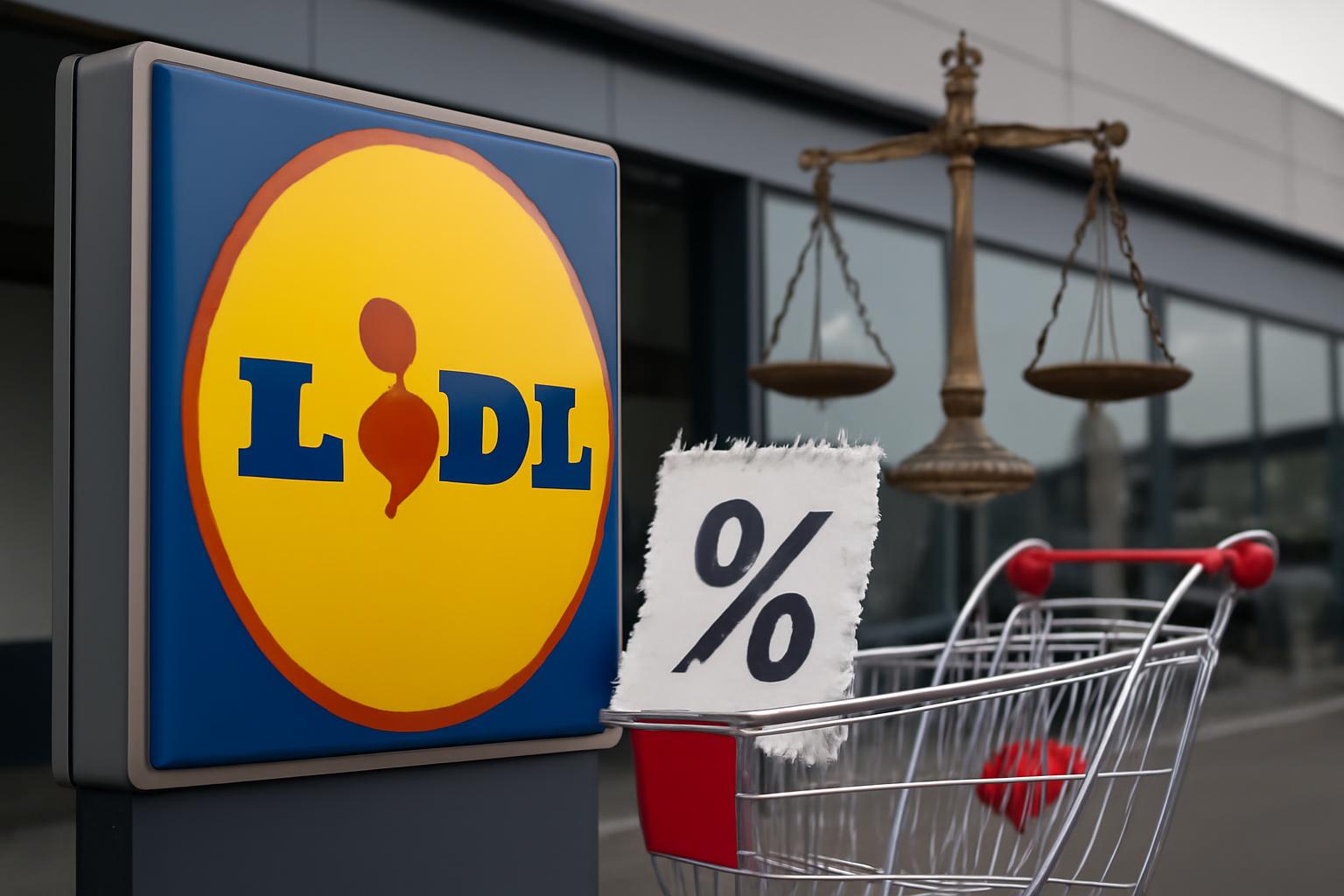Lidl, one of Germany’s largest discount retailers, has become the center of a legal dispute following a bold price-cutting campaign. The Hamburg consumer protection organization has taken the discount giant to court, accusing Lidl of misleading advertising with their proclamation “Immediately permanently 500 products cheaper.” While Lidl claims to have enacted its largest-ever price reduction—ostensibly lowering the prices on more than 500 products, with cuts of up to 35 percent—the move has sparked skepticism. Consumer advocates contend that only about 300 products have been identified as receiving reduced prices, and of those, the majority of discounts deliver negligible savings, mostly less than 10 percent and rarely exceeding 20 percent. Price comparison tools suggest the average customer saves a mere two percent per shop. Lidl rationalizes this with the argument that the 500 refers to a cumulation of regional and national offers—an explanation buried in the small print. The case is before the regional court in Heilbronn; Lidl has not issued a statement on the litigation.
It pains me, yet I am not surprised, to witness yet another instance in which regulatory and consumer organizations leap at the opportunity to regulate private commercial speech with the blunt weapon of legal coercion. The whole episode is an illustration of the slippery slope down which societies tumble when they grant state institutions or their surrogates the power to police the utterances and competitive actions of free enterprises.
Let us not mince words: advertising, like pricing, is an indispensable form of competition, an indispensable means by which firms offer potential benefits to win the favor of their customers. If Lidl trumpets a dramatic price reduction, it is a signal to its rivals and to the market, and—as is evident from the fact that other supermarkets followed suit—a stimulus for greater competition to the benefit of consumers everywhere. From my point of view, the core issue is not whether the slogan “500 products cheaper” is scrupulously precise in each locality at every moment, but rather whether the market itself is sufficiently open for rival firms, consumer watchdogs, journalists, and, most importantly, the purchasing public to evaluate and expose any possible exaggeration or inadequacy.
When consumer organizations bring lawsuits like this, their purported concern is to “protect the consumer” from being misled. But in fact, they are inviting the state to decide—in a legal, and ultimately coercive, fashion—what forms of speech and commercial practice are lawful. This results in the quashing of innovation and serves only to entrench bureaucratic supervision at the expense of entrepreneurial discovery. Who better than the multitude of buyers to assess the credibility of Lidl’s claims? Are German consumers really so abominably naïve that they need a court order to understand that not every price cut will transform their household budget? I think not.
Indeed, there is a fine hypocrisy in seeing consumer advocates and experts deploying “price analysis apps” and on-the-ground monitoring to publicly challenge Lidl’s slogans, all the while claiming the public must be shielded from supposed deception. The very existence of vibrant discourse, critical comparison, and technological tools demonstrates that the free market contains within itself the means to check marketing hyperbole. Rather than bemoan the “mere two percent savings,” the press should praise and amplify this competitive jostling, for it is the essence of market dynamism.
Lastly, let us reflect on the true nature of competition: its benefits derive from the process, not from the certainty of universal truth in every advertisement. If we continue to saddle the market with lawsuits over every exuberant claim or ambiguous boast, we will smother the spontaneity, rivalry, and innovation that drive prosperity. We should resist the siren call for judicial oversight and let the forces of competition, transparency, and consumer choice play their role. The alternative is a society in which the market’s creative energies are shackled by fear of litigation and regulatory second-guessing—a dreary prospect indeed.
